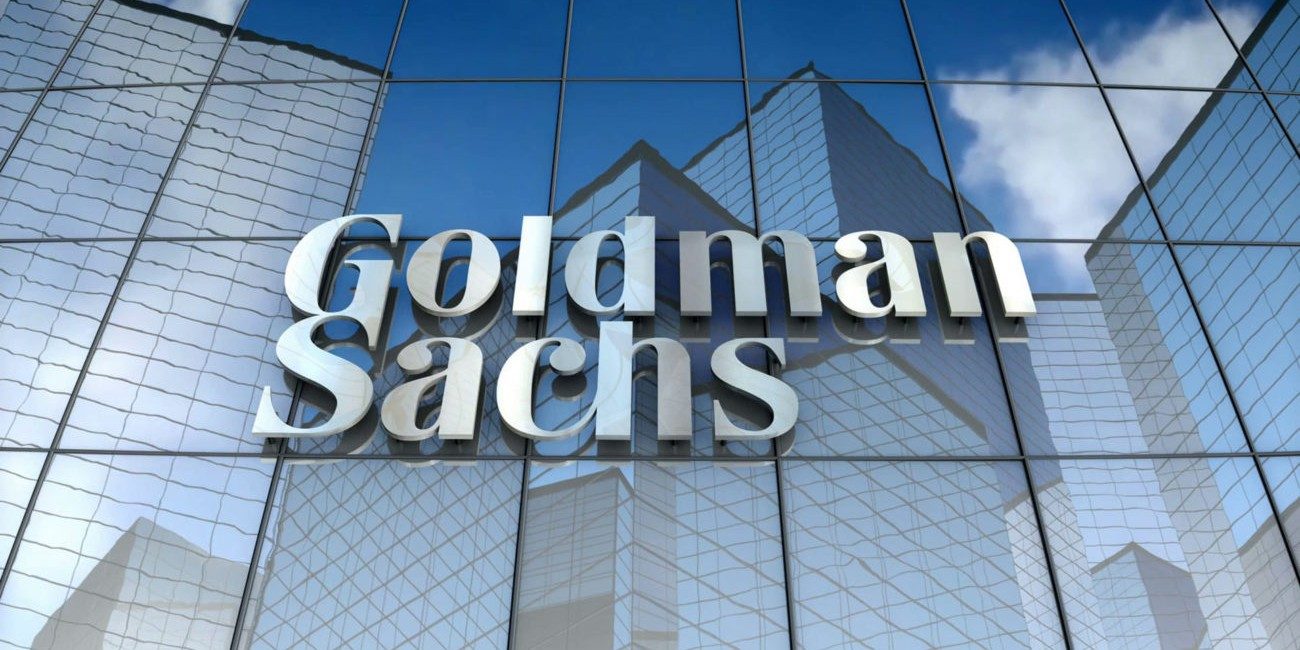On June 21, 2021, the Supreme Court in Goldman Sachs Group, Inc., et al. v. Arkansas Teachers Retirement System, ruled in favor of Goldman Sachs in a securities-fraud class action lawsuit brought by investors. The plaintiffs alleged that Goldman Sachs maintained an artificially inflated stock price by making generic false statements in connection with their sales of securities, until the truth about Goldman Sachs’ practices were made public and the market reacted, resulting in losses to the plaintiffs.
The plaintiffs sought to certify a class of Goldman Sachs shareholders that relied on such misrepresentations when investing in its securities by invoking the Basic presumption set forth in Basic v. Levinson, 485 U.S. 224 (1988). The Basic presumption is based on the theory that investors rely on the market price of a company’s security, which incorporates the company’s public statements, including misrepresentations. In opposing class certification, Goldman Sachs argued through evidence and expert testimony that the alleged misrepresentation had no effect on the stock price. The District Court ruled that Goldman Sachs failed to carry its burden and certified the class. The Second Circuit affirmed.
In reversing the Second Circuit, the Supreme Court held that “the generic nature of a misrepresentation often is important evidence of price impact that courts should consider at class certification.” The Court signaled that the lower courts can delve into the merits and determine the materiality of the statements, which could ultimately affect whether the requirements of Rule 23 are satisfied. Although the Court did not explicitly specify, if the statements were not material or were not relied upon by investors, then plaintiffs may have difficulty satisfying the “predominance” requirement of Rule 23.
The Supreme Court also held that a defendant has the burden of persuasion to prove a lack of price impact by a preponderance of evidence at the class certification stage.
Accordingly, the Supreme Court remanded the case back to the Second Circuit to assess whether the generic nature of the alleged misrepresentations was properly considered in the District Court’s price impact determination.
While indeed a win for Wall Street, the Goldman Sachs decision serves as another example that class certification is not guaranteed and that courts should ensure that plaintiffs meet the rigorous requirements of Rule 23 prior to class certification.

